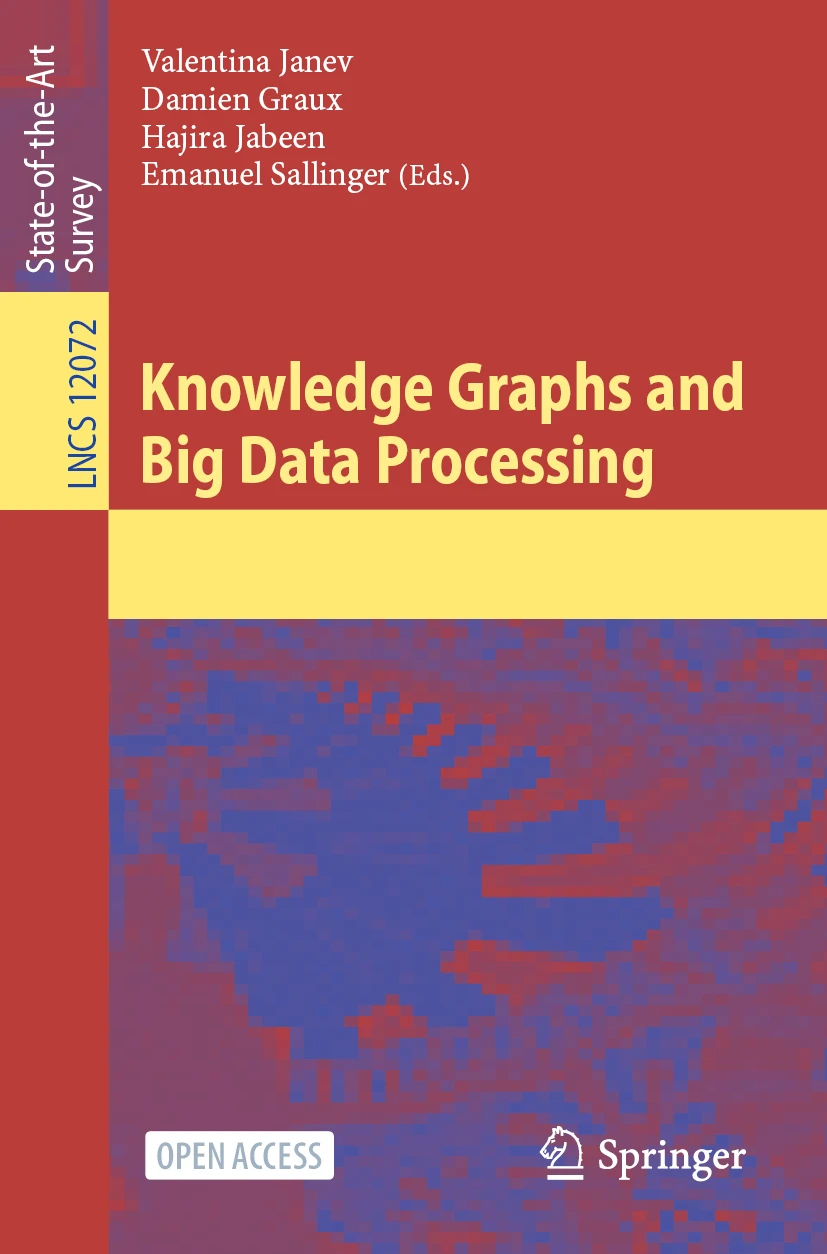Since September 2025, I am a leading the scientist team of the AI Center of Excellence at EcoVadis, where we focus on exploring cutting-edge strategies to improving the company's solutions and products. We believe that ML methods and AI strategies have their roles to play at all the steps of the process, helping therefore fulfilling EcoVadis' purpose: "guiding all companies toward a sustainable world".
From December 2022 to August 2025, I was working as a Research Team Leader for Huawei Technologies Ltd. in the United Kingdom. In particular, I was working in the Knowledge Graph lab. where we conducted cutting-edge research on knowledge computing challenges. My efforts were at the crossroads of data structuration (usually as Knowledge Graphs) and Large Language Models. My vision is that there should be a way to bridge memorisation (i.e. knowledge bases) and generalisation (i.e. parametric knowledge). Therefore, together with my team, we explored potential connections through different projects, such as using KGs to plan LLM actions, or building KGs with the sole use LLMs.
From January 2021 to December 2022, I was a tenured Researcher having an Inria starting faculty position. Practically, I was working in the Wimmics group, based in Sophia Antipolis, ca. Nice (France). I mainly focused on exploring downstream use-cases once Knowledge Graphs are built: by developing, for instance, novel visualisations to help Semantic Web lay-users accessing graphs or by setting-up analytics strategies on Knowledge Graphs through embeddings.
From October 2019 to December 2020, I was a Research Fellow at Trinity College Dublin (Ireland) working in the ADAPT Centre under the lead of Prof. Declan O'Sullivan. Practically, I was contributing to research efforts in Semantic Web technologies: mainly focusing on analyzing large distributed knowledge graphs and on designing complex transformation pipelines for heterogeneous Big Data. In particular, from July 2020, I could focus on these research topics thanks to a Marie Skłodowska-Curie ELITE-S fellowship.
From January 2018 to September 2019, I was a Senior Researcher at the Fraunhofer IAIS in Sankt Augustin (Germany, close to Bonn) focusing on the domain of Semantic Web and Linked Data in the context of large-scale datasets. My research topics include ontology management, ontology engineering, Semantic Web, Linked Data, clustering, machine learning methods. I also applied the results of my research in various European and Industry-funded projects. In parallel, I was an associated postdoc researcher of the Smart Data Analytics group at the University of Bonn, under the lead of Prof. Jens Lehmann.
In 2017, as a postdoc, still with the Tyrex group (in Inria, France), I pushed further what I developed during my PhD thesis by integrating SPARQL evaluators into larger systems where various kinds of data structures are involved: several query results are needed (and aggregated) to build a complex answer. More specifically, I was trying to design efficient languages to facilitate the development of optimized ETL pipelines in a semantic context.
From 2013 to 2016, during my PhD thesis at Inria, with the Tyrex group in Grenoble, I focused on Semantic Web standards, especially on the Resource Description Framework RDF and its dedicated query language SPARQL. My main goal was to design efficient tools to evaluate SPARQL queries on very large RDF datasets (i.e. ≥100GB). Indeed, I provided a new reading grid to rank SPARQL evaluators before designing several efficient ones.
As a past time during my PhD main activities, I also designed a semantic pipeline for trip planning aggregating heterogeneous datasets (e.g. GTFS, RDF, CSV) in order to provide users touristic alternatives at plane stopovers.
Previously, before 2013, I worked on designing and implementing broadcast algorithms with special properties such as UTO (uniform and totally ordered). This work, mainly developed in C, is also openly available from github.

